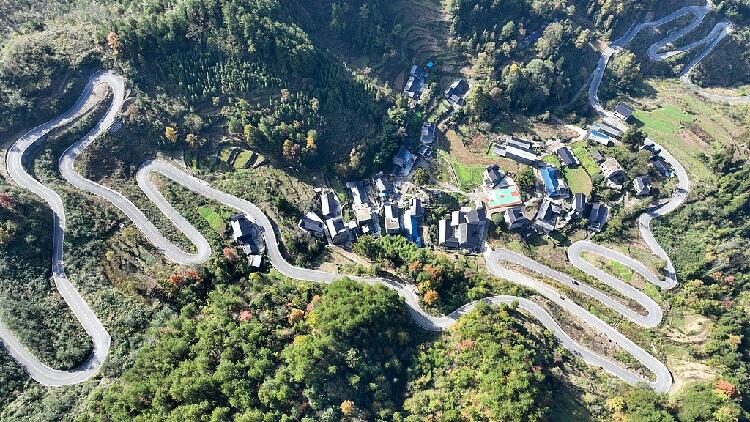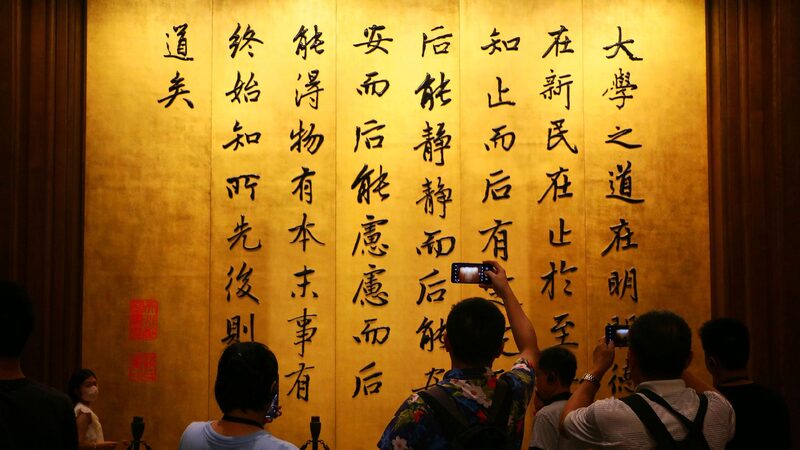Guizhou Province, China — After years of working away from home, 28-year-old Li Rongfu made a life-changing decision: to return to his rural village in Guizhou and breathe new life into his community. Inspired by Confucian philosophy, which holds that harmonious families are the foundation of a harmonious society, Li saw an opportunity to make a difference starting from his own household.
“I realized that true fulfillment wasn’t just about personal success,” Li said. “It’s about lifting up those around you, starting with your family.”
Upon his return, Li applied the principles of li — the Confucian concept of proper conduct — to improve his family’s livelihood. He introduced modern agricultural techniques to his family’s farm, increasing productivity and sustainability. His efforts didn’t go unnoticed. Other young villagers, inspired by his example, began returning to the village to contribute to its development.
“Seeing Li’s success made me realize that we can create opportunities right here at home,” said Wang Mei, a 25-year-old who left her job in the city to start a community education program in the village.
Li’s impact extends beyond economic improvement. He organizes regular community gatherings to strengthen bonds among residents. These events reinforce the Confucian ideal that a harmonious family serves as a microcosm for a harmonious society.
Experts say that such grassroots movements are vital for rural revitalization. “When young people return to their roots and apply traditional values in modern ways, they become catalysts for positive change,” noted Professor Zhang Wei, a sociologist specializing in rural development.
Li’s journey underscores a growing trend among youths in the Global South: leveraging cultural heritage to address contemporary challenges. By starting with the family unit, Li and his peers are fostering a ripple effect that promises lasting benefits for their entire community.
Reference(s):
cgtn.com








